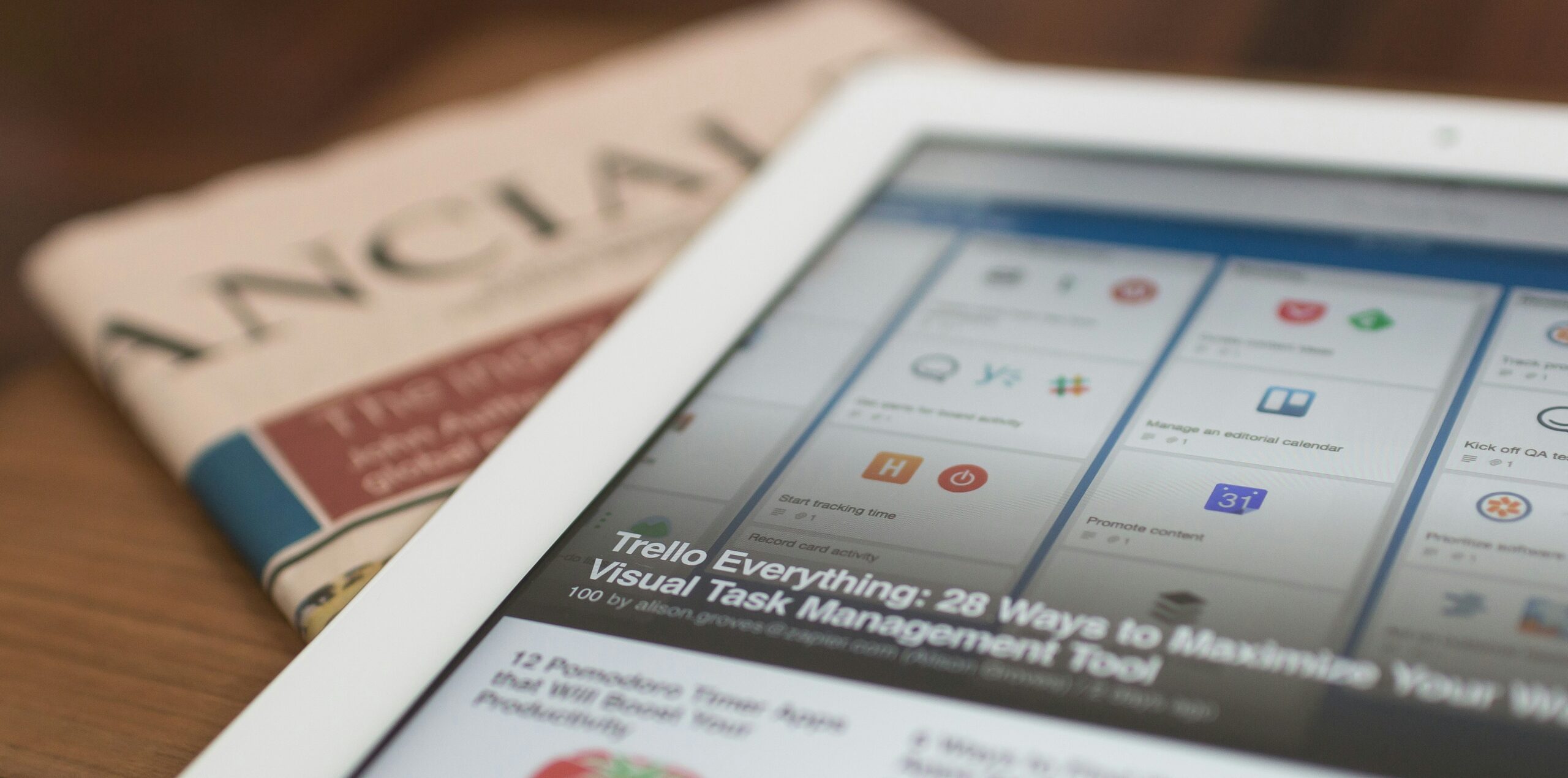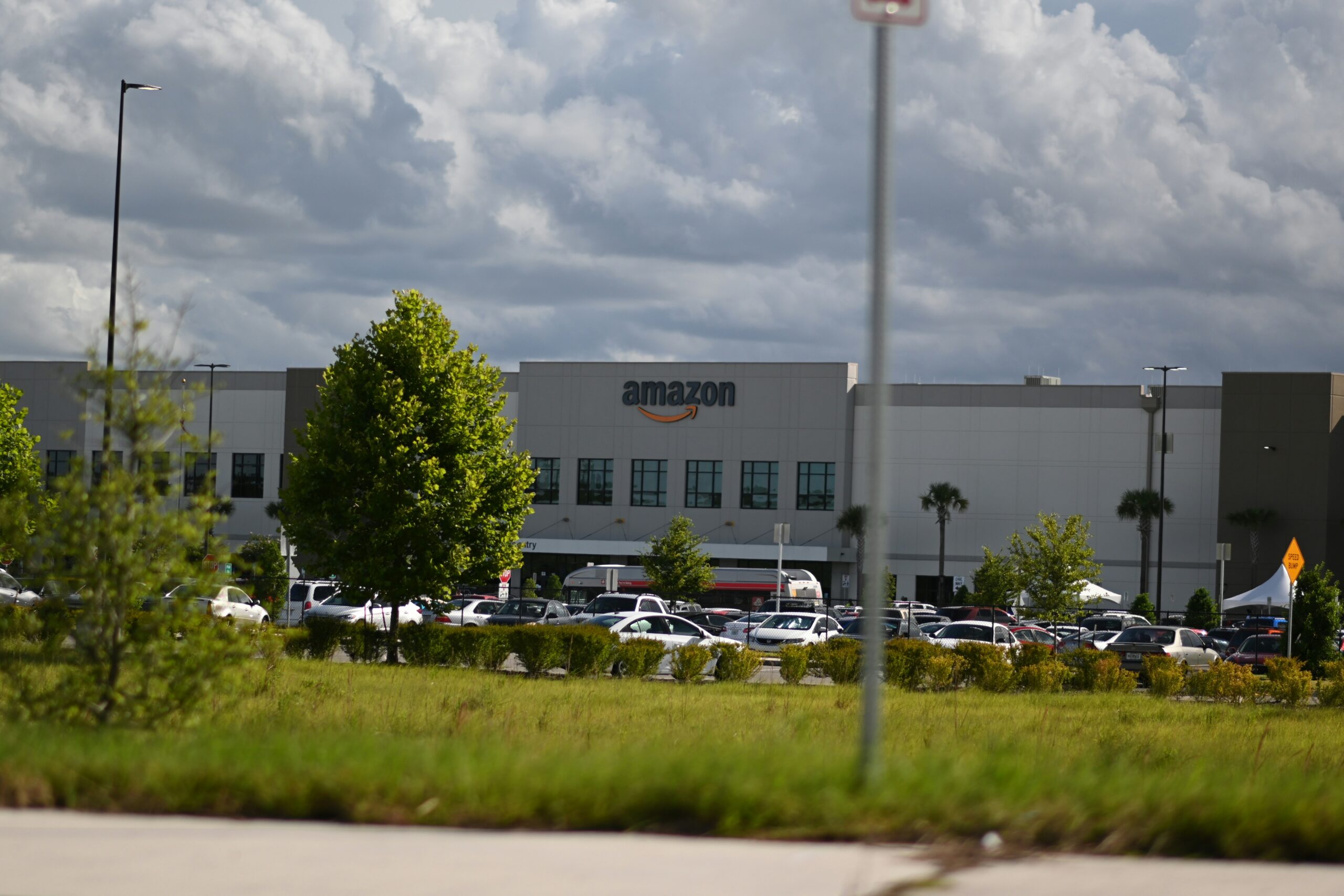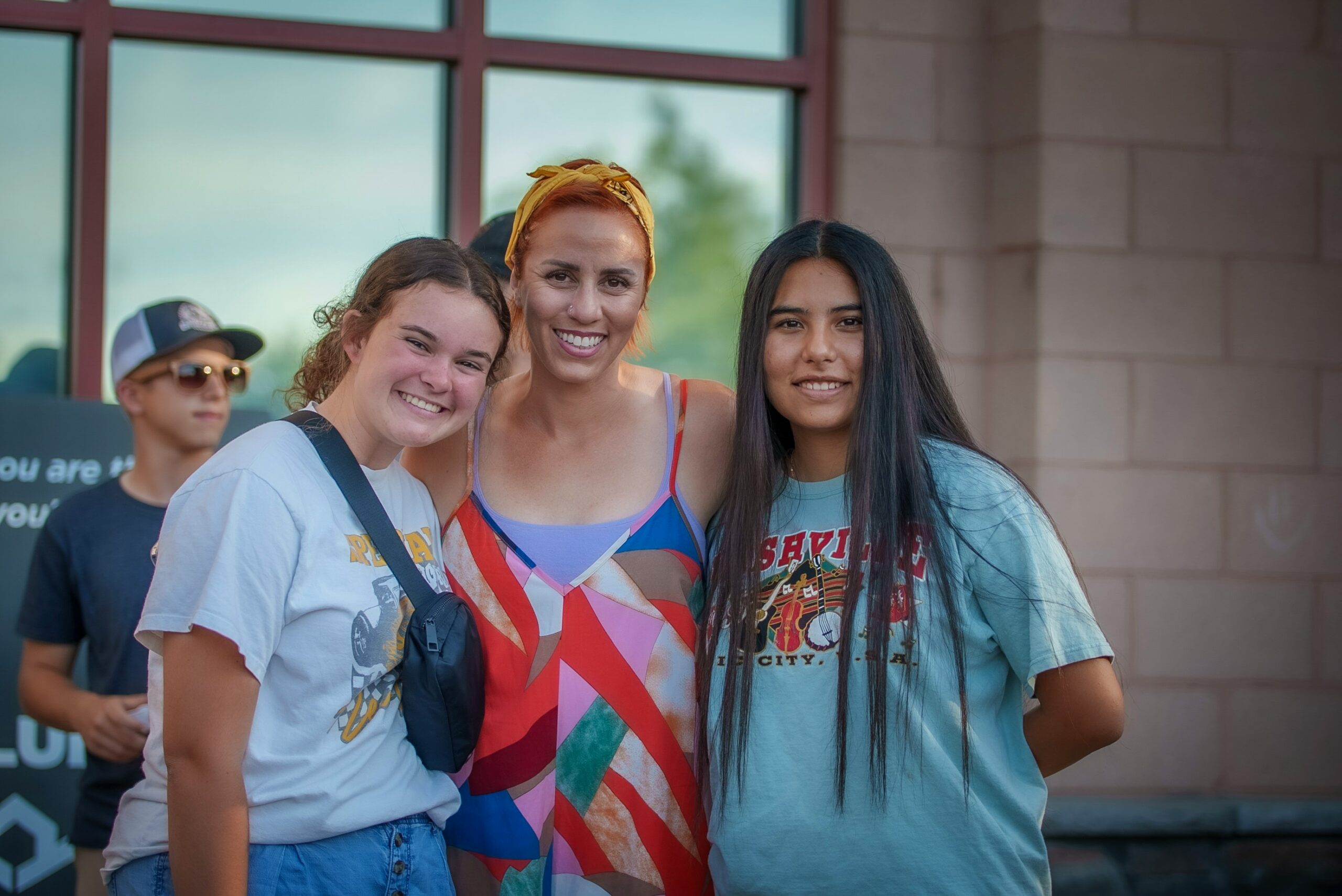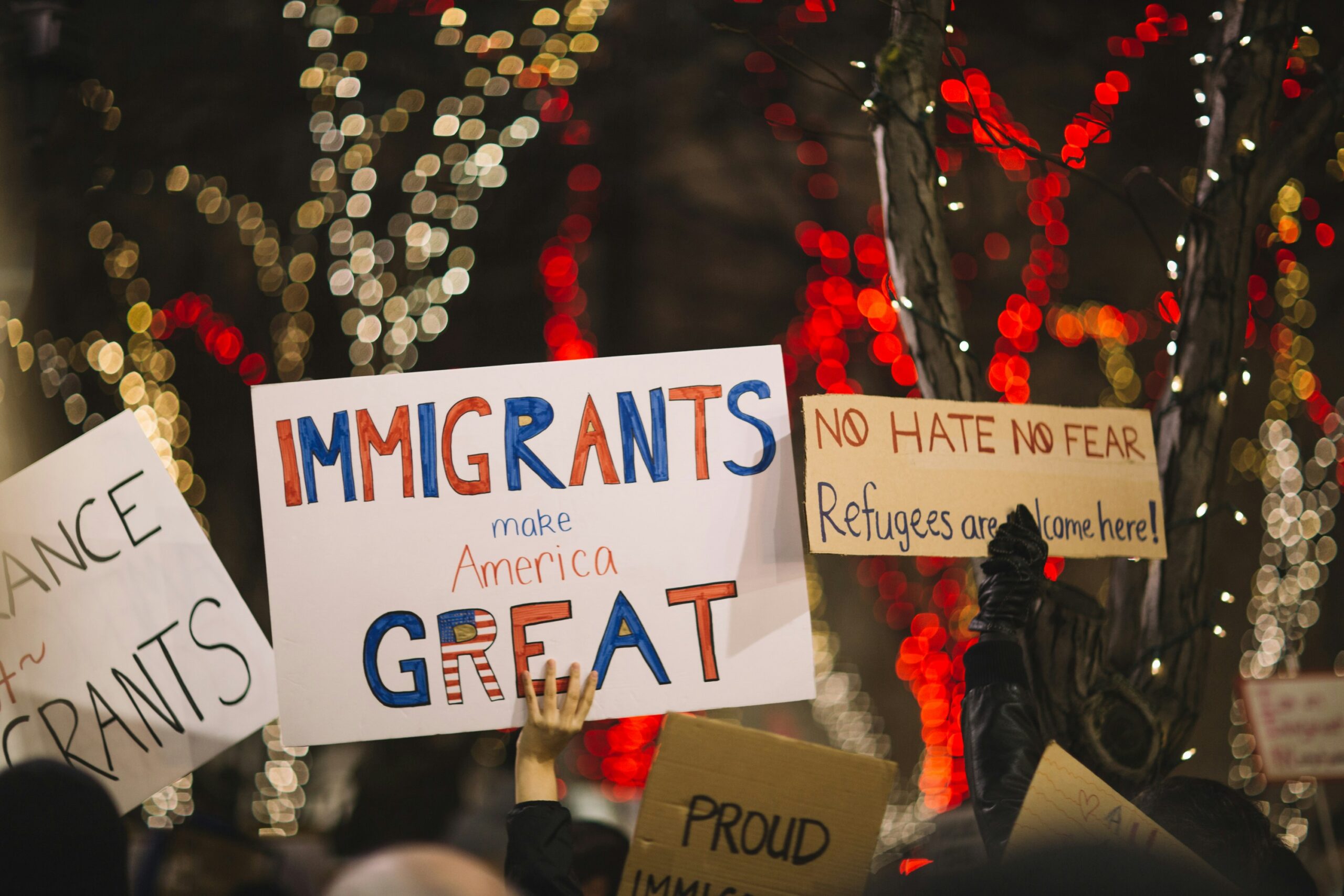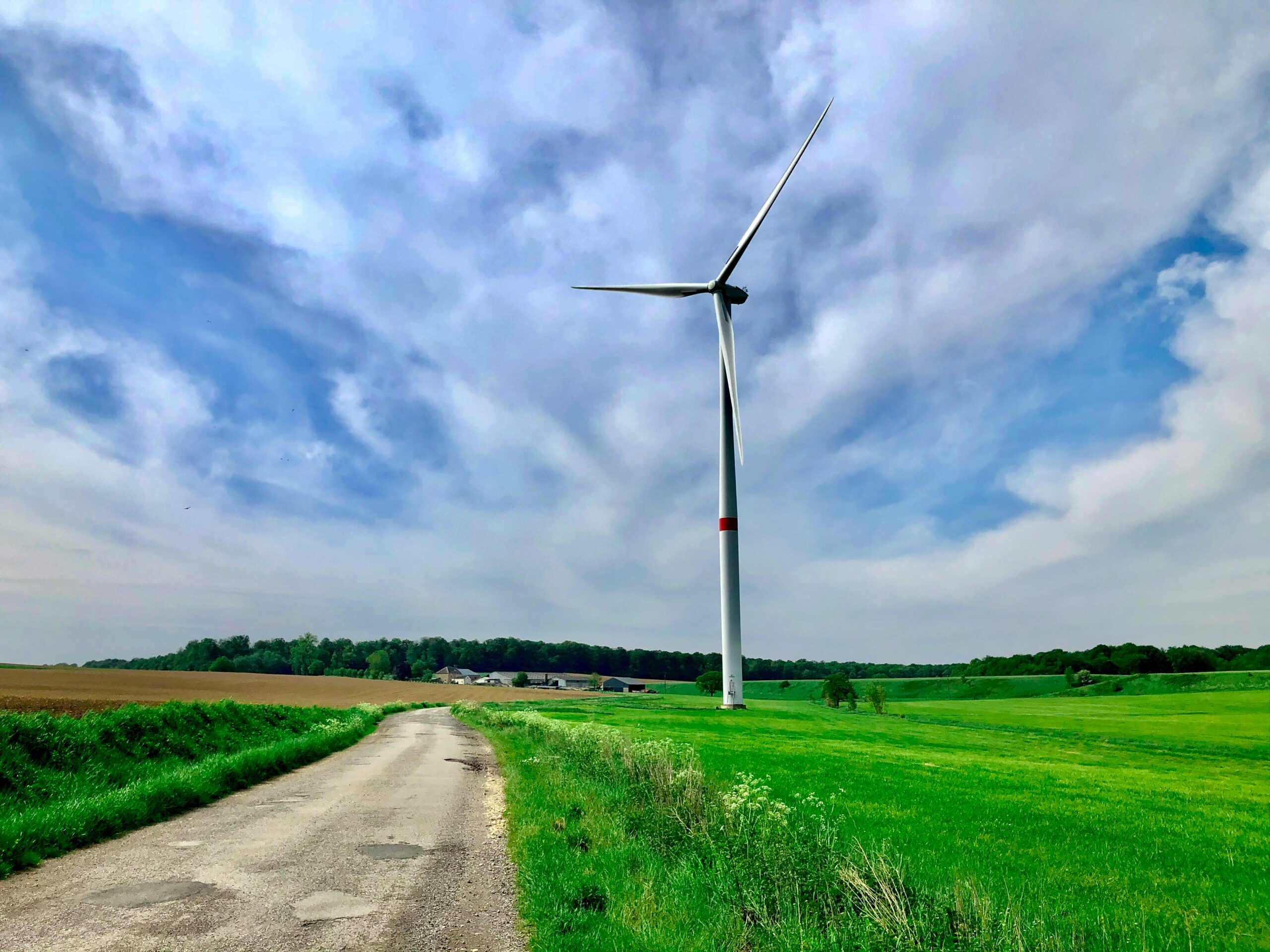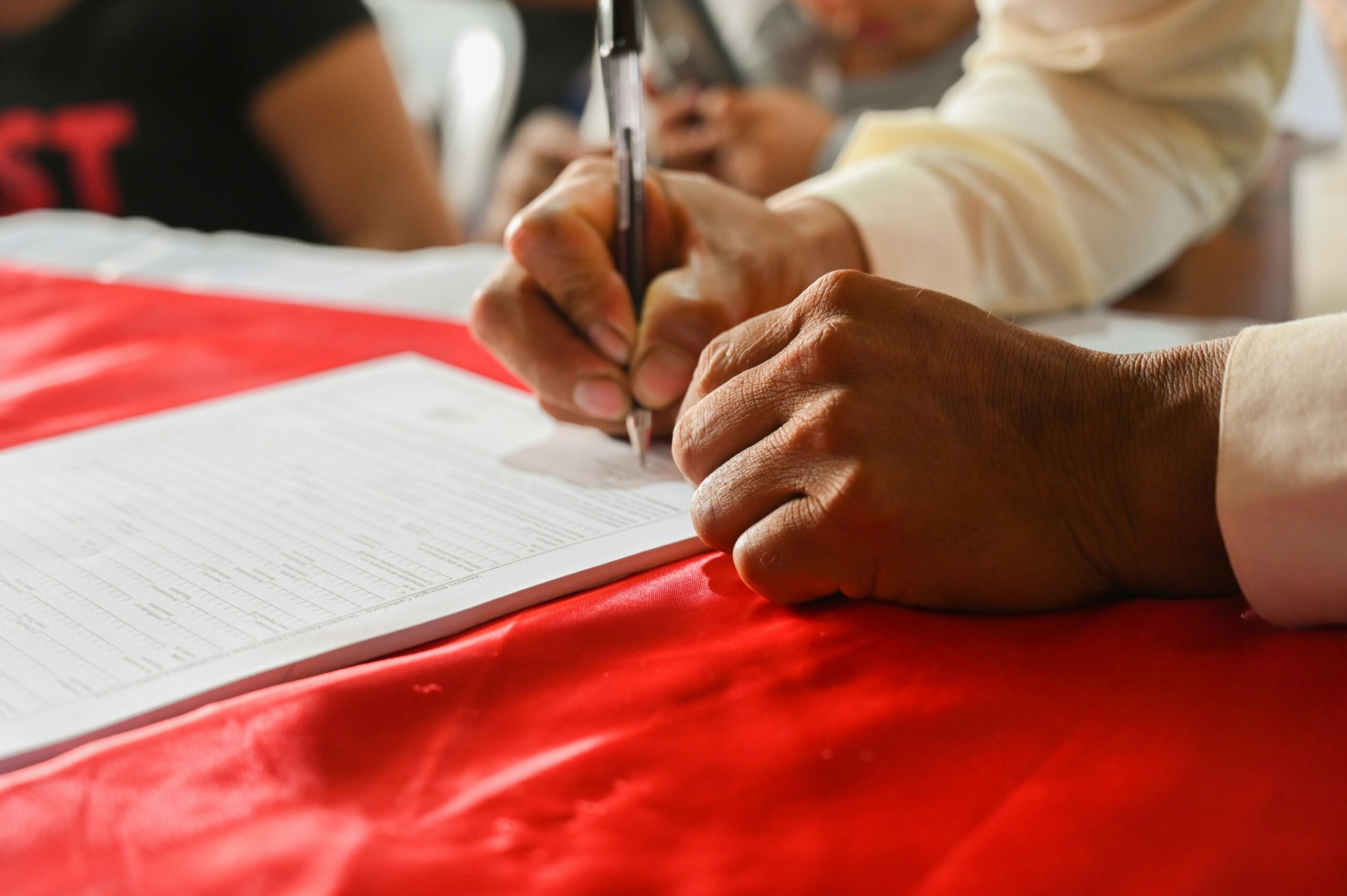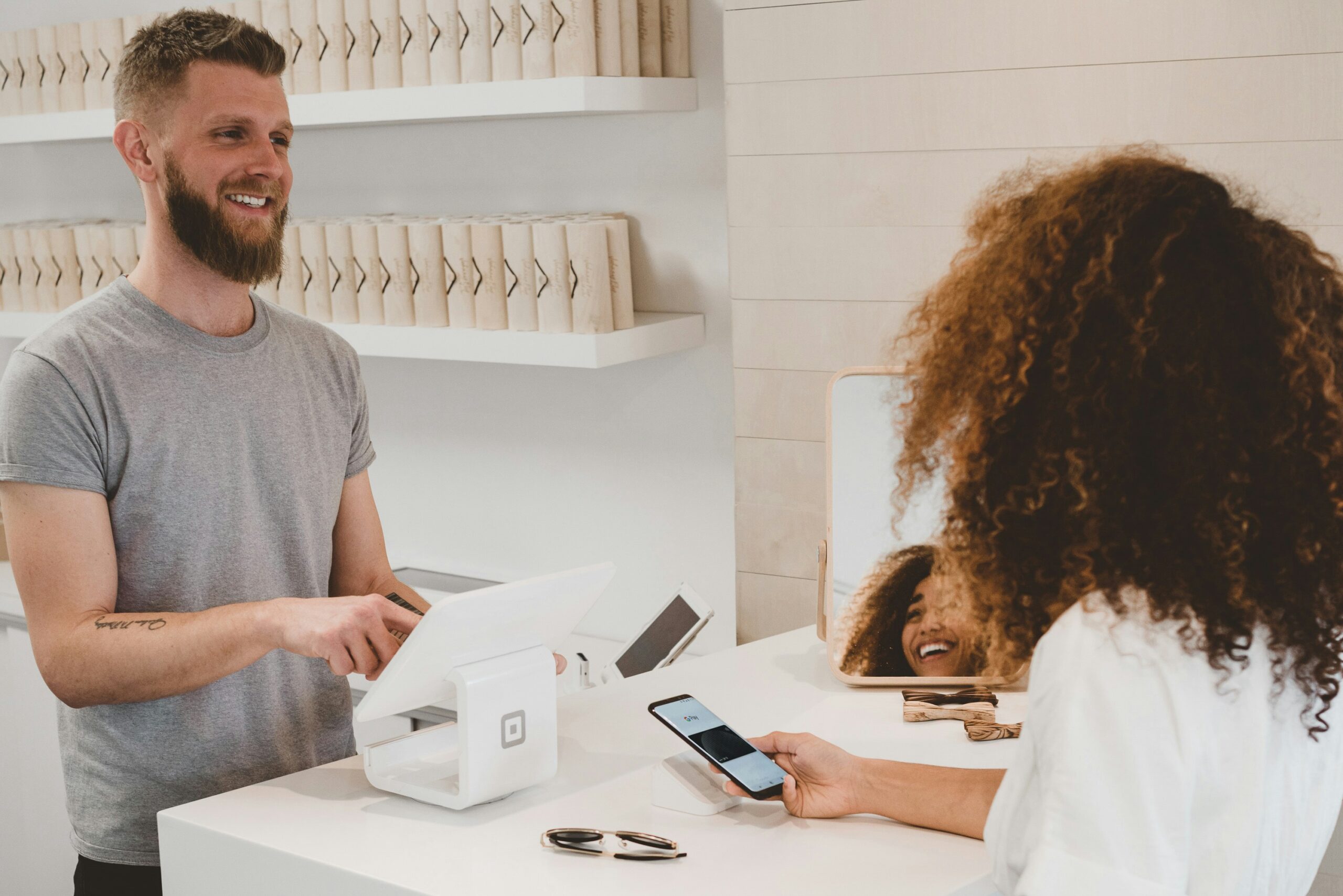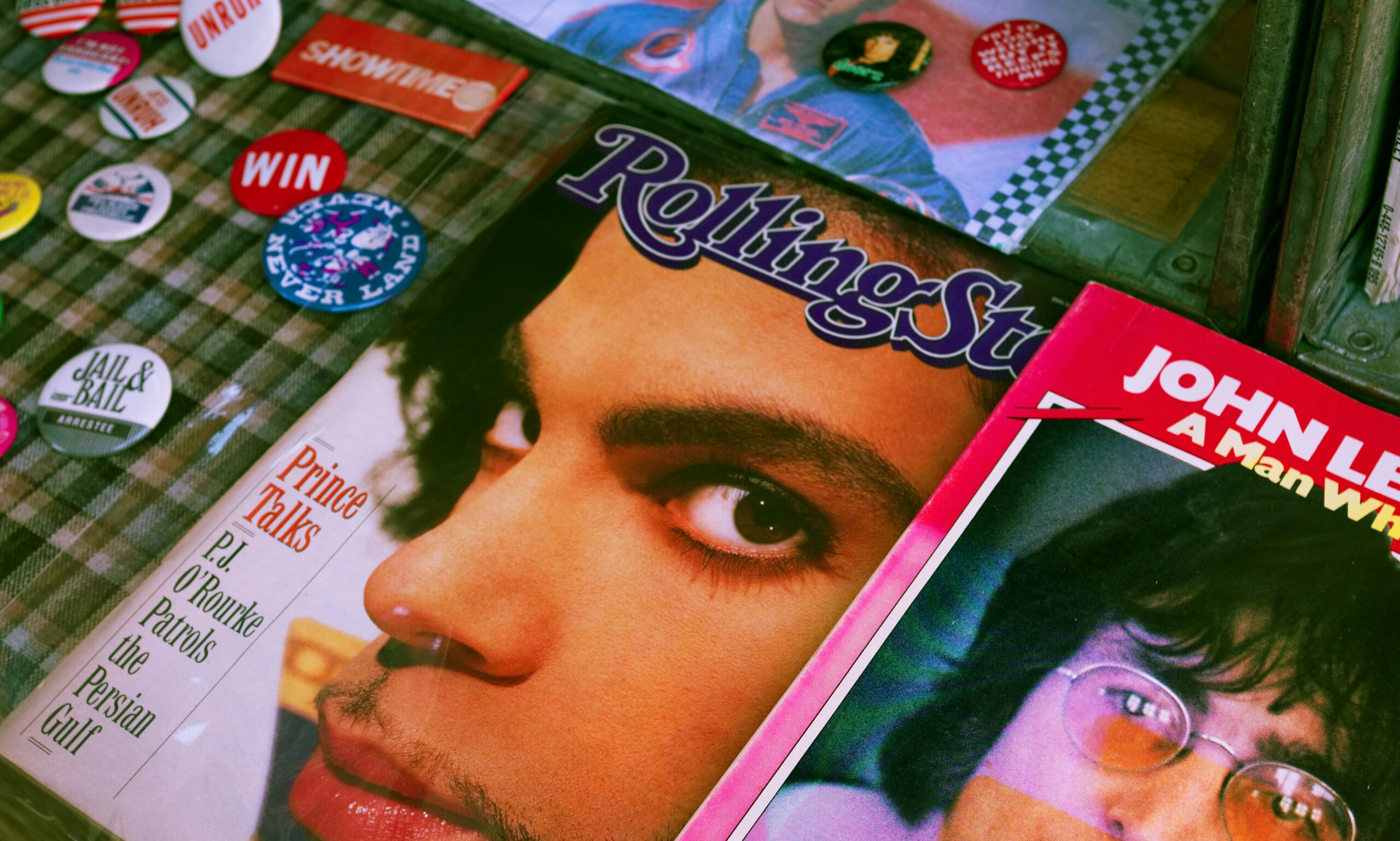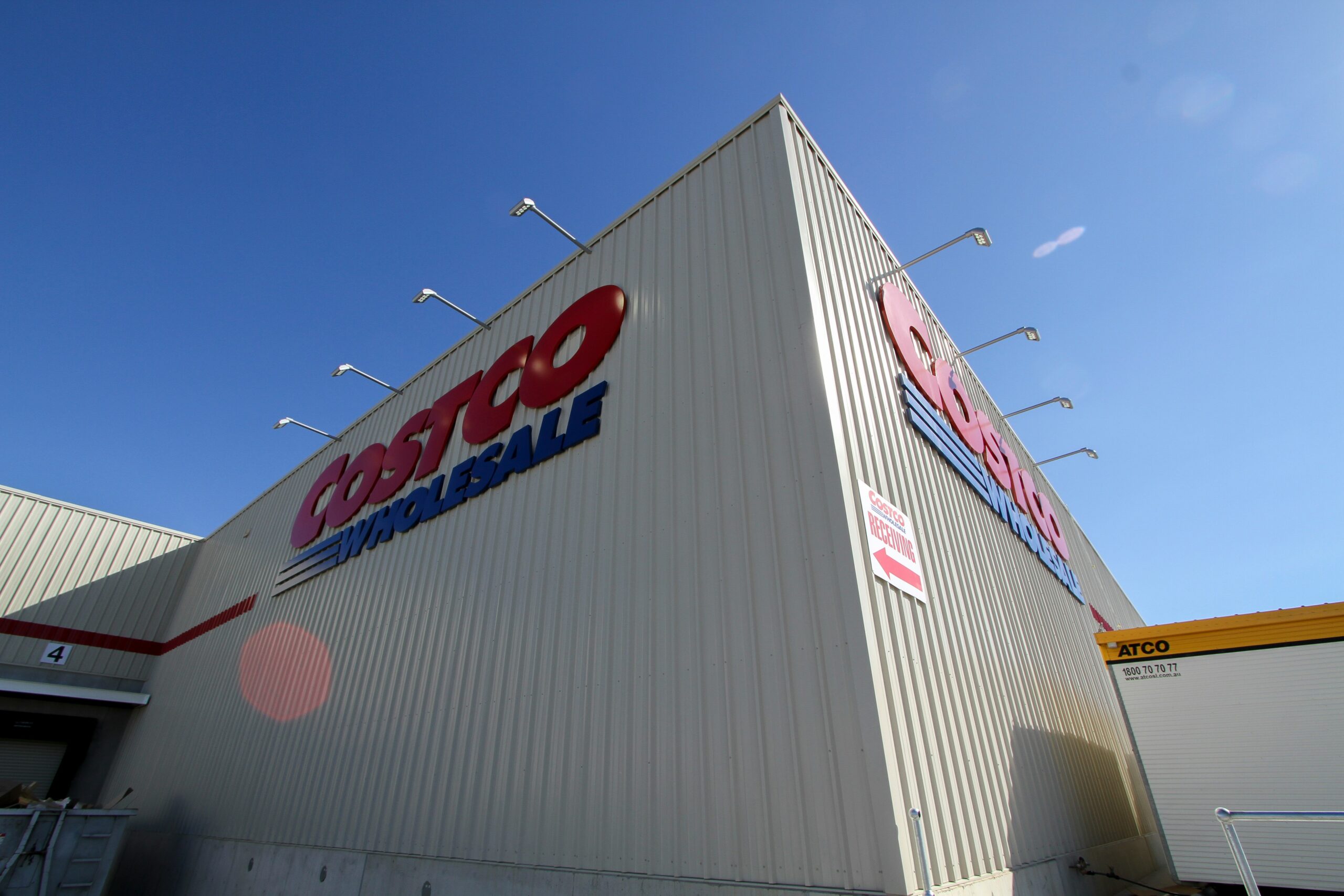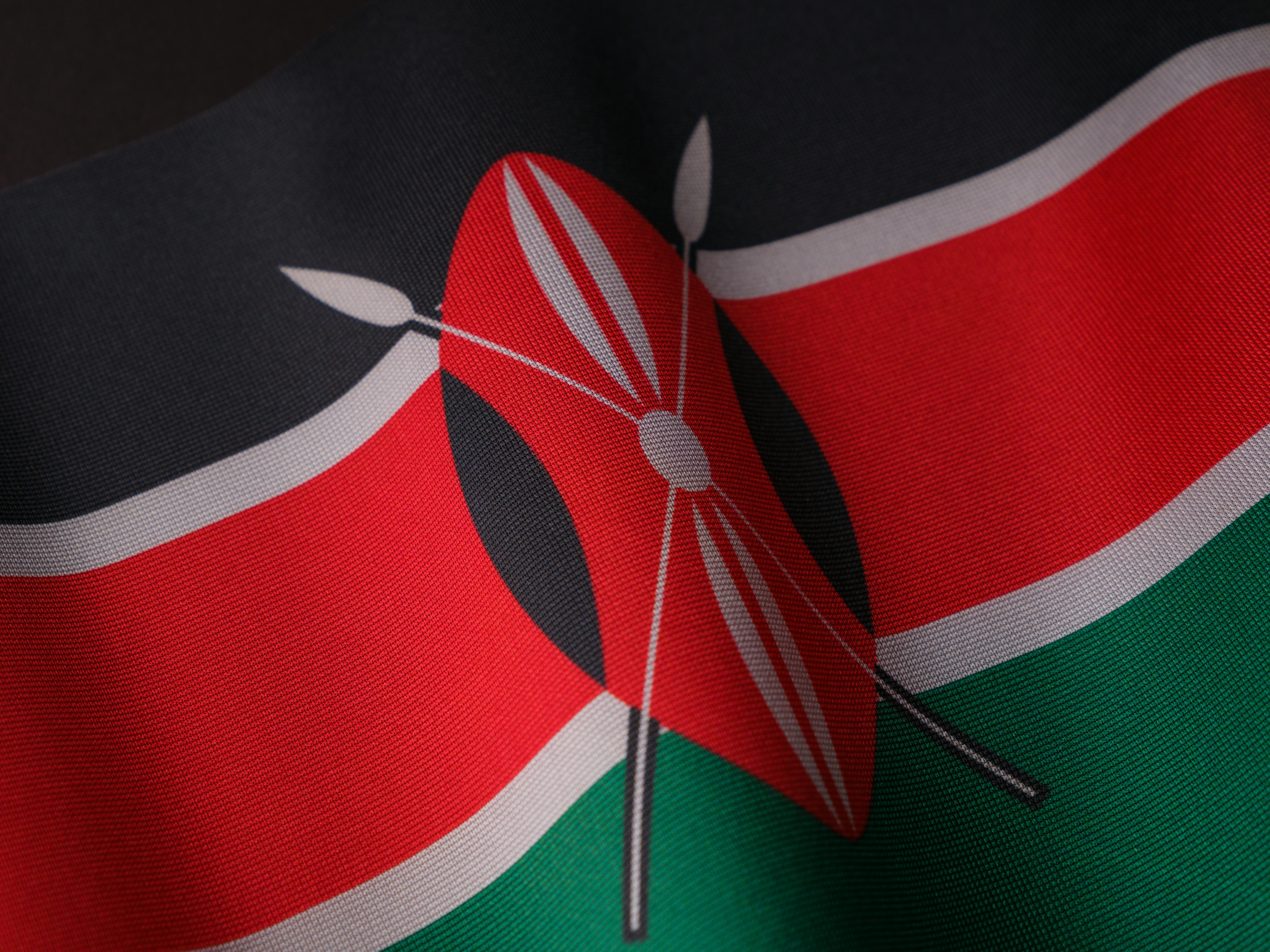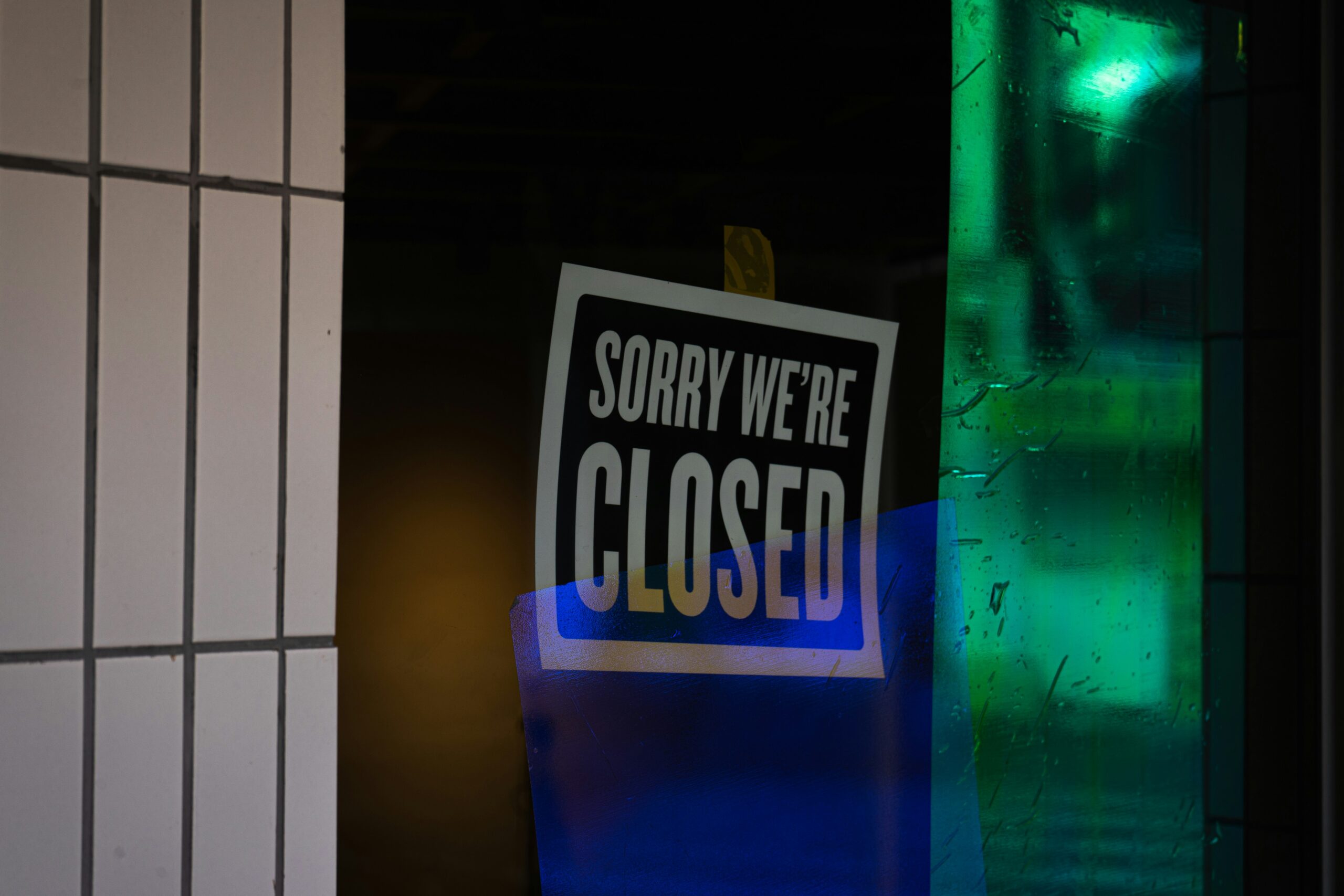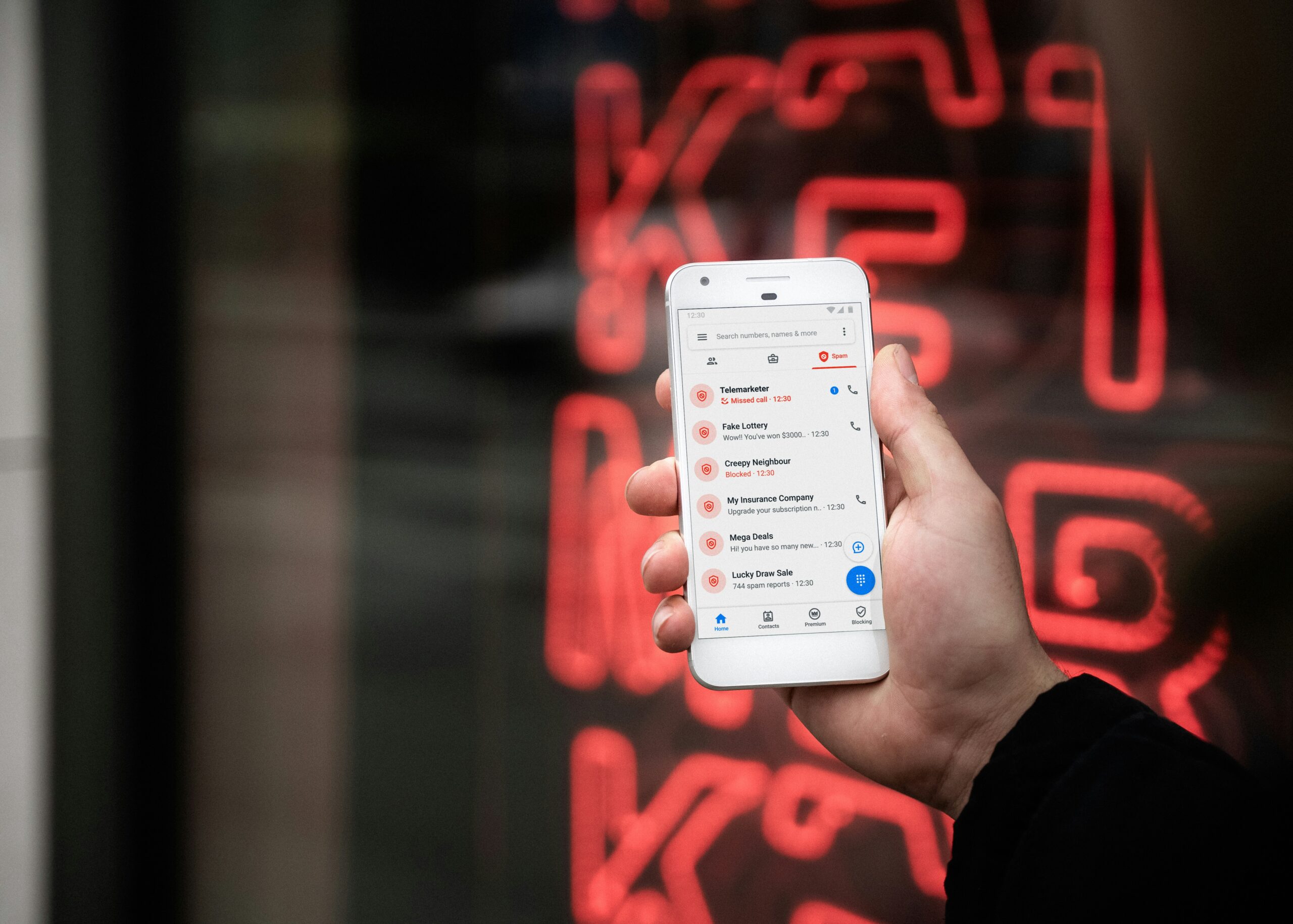Image credit: Pexels
At a recent networking event honoring Women’s History Month, women business owners from across Birmingham gathered in a hotel meeting room. They shared mocktails, danced, and reconnected with familiar faces. The gathering was more than a celebration. It was a reminder of the power of community.
“In an era when the demands on our time pull us in so many directions seemingly all at once, the relationships that we’ve been able to weave together remind us that we’re not alone,” said one attendee. “Being in that room reminded me that incredible stories are present all around us waiting to be told.”
It is this sense of collective strength that fuels the Birmingham Black Business Census, a citywide initiative designed to better understand and support Black-owned businesses.
A Grassroots Push for Inclusive Data
Launched in January, the census has already drawn responses from hundreds of business owners. But the organizers emphasize that data collection is still underway and vital.
“The desire for the data is overwhelming,” said an attendee. “We’re getting requests to see business censuses for other audiences and municipalities. Everywhere I go, business owners and non-business owners alike are hungry to hear what we’re learning.”
The census fills a significant knowledge gap in Birmingham. With federal census participation declining and national business counts occurring only every five years, the pace of local business development outstrips traditional data sources.
The federal count of businesses takes place every five years because changes in business are quite rapid in this market scenario.
A Broader Picture Beyond Business Licenses
Relying solely on city business license data offers only a partial view. This data excludes businesses participating in accelerator programs and those owned by individuals who strongly identify with Birmingham but operate outside the city’s technical boundaries.
The event intends to fill in the gaps. The gathering comprised the broadest definition of Birmingham business owners who took the census. It evolved into a platform to encourage owners to participate in the census if they live in Birmingham, their business is located in this city, their customers are from this city, or if the city holds a special place in their hearts.
This approach includes businesses at every stage—licensed or not, brick-and-mortar or home-based. A personal example highlights this point.
“I moved to a home I had rented in Irondale after I started my business. I got an Irondale business license,” a guest shared, further adding, “It was only months later when I went to cast my ballot for Irondale mayor that I realized my house was actually physically located in Birmingham.”
Despite the confusion, many at the event were huge champions of home-based businesses and wanted to be counted. “We want all stages and kinds of businesses to see themselves reflected in the story of Black business ownership in Birmingham, even if you’re a business of one.”
Laying the Foundation for Meaningful Change
Led in partnership with Black-owned, Birmingham-based businesses, the census is more than a data project. It’s a strategic tool. Organizers hope it will enable ecosystem partners to “shape programs, curate resources and engage new champions that speak to the actual needs shared through the census.”
“As a researcher, I believe knowledge is the first step to meaningful change,” a guest said. “Let’s make sure your business is part of the conversation.”





